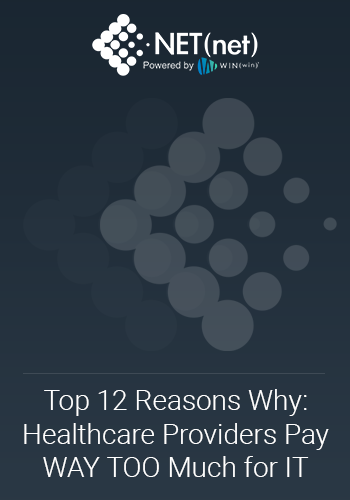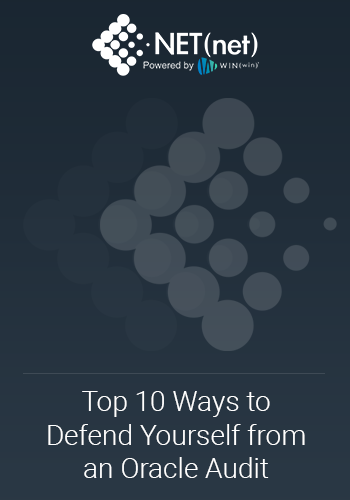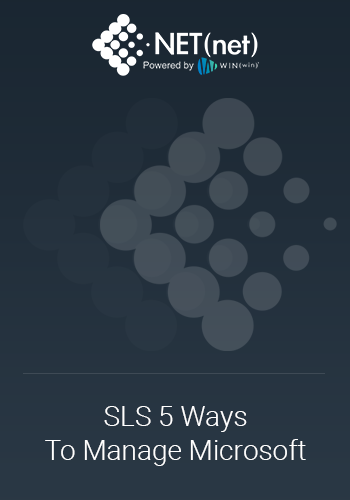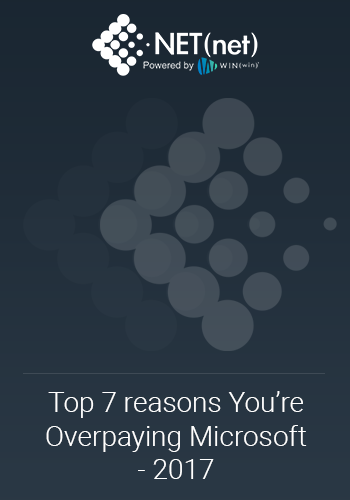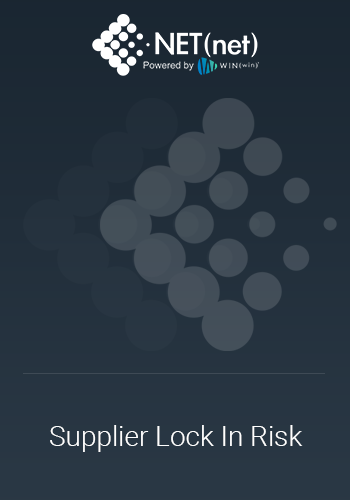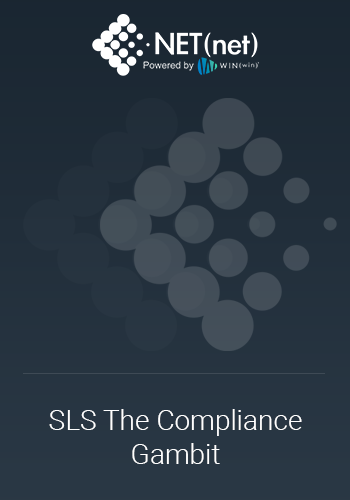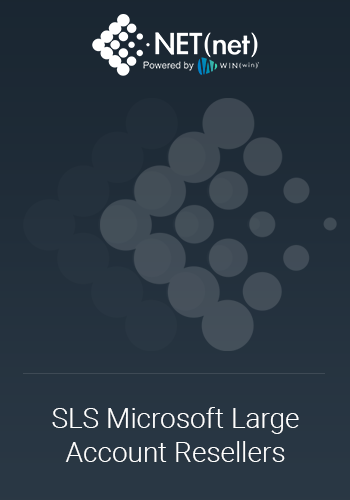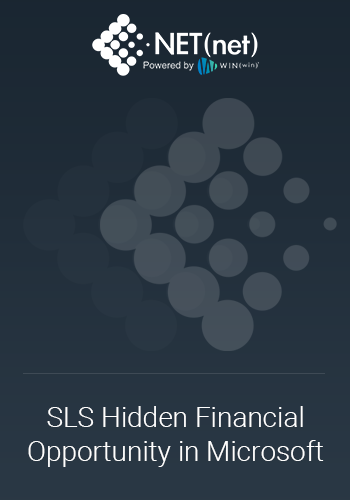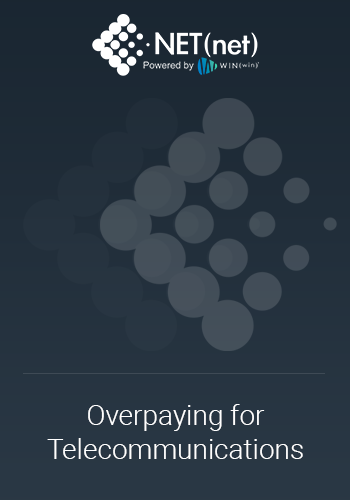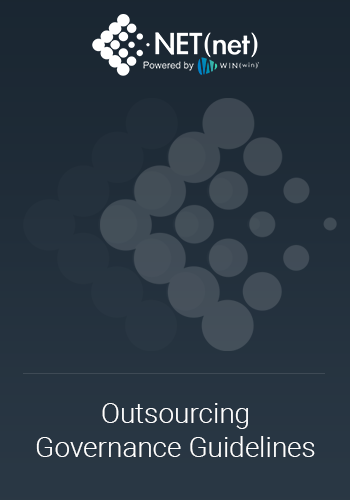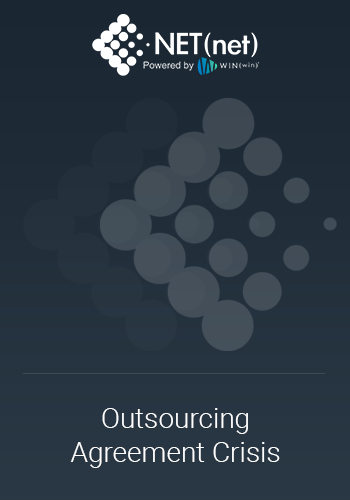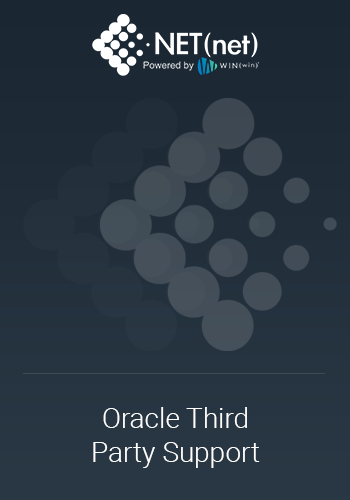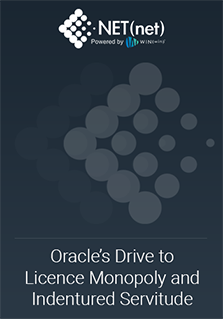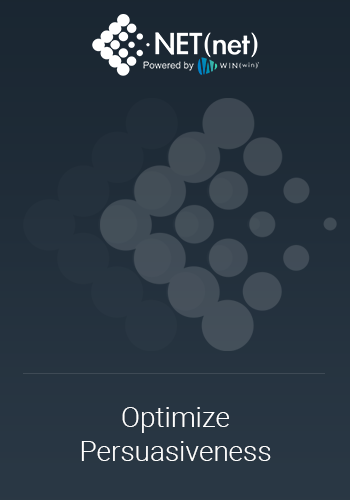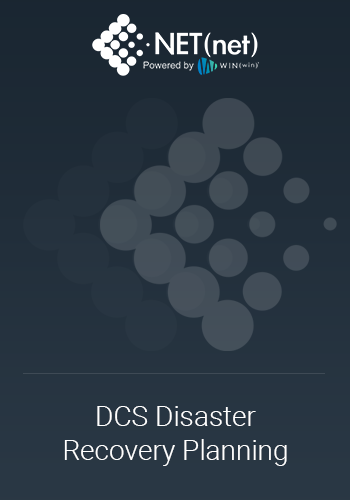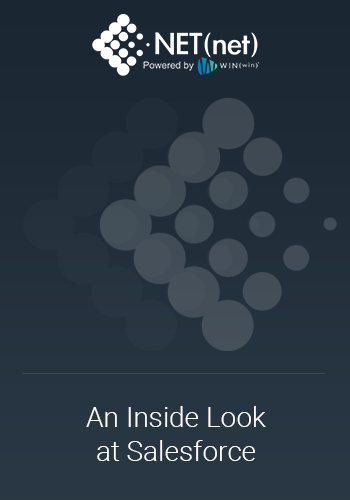As we are well into calendar Q4, several tech companies have announced layoffs and cutbacks as they prepare to weather inflation and the impending recession storm. Despite all the great news coming out of Oracle from their Q1 2023 report (announced September 12, 2022), they have been laying off employees throughout the course of 2022 on the heels of their Cerner acquisition in their quest to cut $1B in cost in the name of synergy. Somewhat surprising to us; however, is that they are also laying off from their OCI group (Oracle Cloud Infrastructure). Given their claims of robust cloud growth that they talk about to Wall Street in their Q1 results, this is surprising. Or is it?
Anyone who has done a deal with Oracle in the past 5 years knows that cloud is the answer to almost every question. If you listen to Wall Street, Oracle’s cloud has been experiencing outsized growth. While Oracle’s cloud offerings have come a long way, the level of growth is overstated, if not feigned all together. Oracle’s true gift is the ability to use ‘growth’ numbers to create a story of organic growth based on innovation and superior products.
Re=platforming (aka selling Cloud to yourself)
But questions remain. For instance:
- How much of the recent growth was Oracle’s own “re-platforming” of its Cerner acquisition from AWS?
- Is there any actual revenue from that re-platforming or just “growth” that can be advertised?
- If Oracle’s cloud growth is so robust, why then is it announced that Oracle is laying off any Cloud staff?
- Could it be that even Oracle knows it doesn’t need to pay salespeople to sell its cloud to itself?
Oracle announced their acquisition of Cerner back in December of 2021. Almost a year later, they have completed that acquisition, and now hope to leverage the Cerner customer base to drive OCI growth. AWS, Azure, and Google Cloud are all enjoying 30%+ organic growth and Oracle needed to do something to show that it too can keep pace. So it's no surprise that after its first full quarter of owning Cerner, they announced better than estimated Cloud growth in their Q1 2023 ending August 30th.
Migrating all those Cerner workloads (electronic health and medical records) to OCI has no doubt played a role in beating Wall Street’s Q1 forecast. In the end, don’t be fooled by the hype and buy into a long-term strategy based on glorified growth claims. If your supplier was bought by Oracle, you may not have options, but if not, there are plenty of ways to get more value for less money than jumping on the Oracle Cloud bandwagon.
Oracle ‘Support Rewards’ Incentive
From Oracle’s Support Rewards site, “With Oracle Support Rewards, the more that you use Oracle Cloud Infrastructure (OCI), the more you save.” What I love about this program is that it rewards customers for spending more and more on Oracle Cloud by reducing your cost via credits for Oracle Support with ongoing credits. Here is how I hear it: “So you lock in and spend more on recurring OCI, and we’ll discount the already bloated costs of support that you should probably be procuring elsewhere at far less cost than what you pay us, even with our credit program.” Sounds like a great incentive program…for Oracle. Check out our previous article on this subject.
If you doubt that, read last month’s article on Oracle’s War on Rimini Street. There’s a reason they are trying to sue them into submission, which thus far has not worked. Despite the legal ups and downs, the net of it is, there remain strong alternatives to Oracle Support. So, the logic of having rewards for a program that you shouldn’t be paying for anyway, is ludicrous.
This sounds eerily similar to the audit incentive programs where Oracle would lay in with an audit to ‘incentivize’ you to the Cloud. What this incentive can really cost you however, is locking you into an overpriced offering compared to the market in the name of savings. If you are contemplating Oracle Cloud or are still paying support on your perpetual use licenses, call us before speaking to Oracle. NET(net) can help you maximize the business value from all of your uses of Oracle solutions.
Exadata Surcharge Trap
Oracle is known to shift its revenue and allegiances around and pull out all stops to try to make a return on its acquisitions. Just ask HP who provided the hardware for the precursor to today’s Exadata, before Oracle found itself owning Sun Microsystems after they out bid IBM (our view is that they really only intended to drive the price up for IBM who had originally expressed interest in Sun). IBM figurately told Oracle to name that tune.
Well, after years of trying to ply its now proprietary hardware on customers at as much as a 500% premium to commodity hardware, Oracle is now even selling Exadata hardware as cloud.
Selling hardware as cloud is about what accounts for innovation at Oracle. And while our thoughts on Exadata are well documented, Cloud @ Customer CAN be appealing for existing Exadata customers who are contemplating an upgrade to their existing estate. While we still believe that commodity hardware is more cost effective than Exadata for almost every use case, if you are convinced you need Exadata, Cloud @ Customer could make sense.
Customers beware though, just as Exadata itself required buyers to spend more on Oracle software and maintenance, Cloud @ Customer charges customers a surcharge for bringing their existing perpetual licenses to the Oracle cloud. Despite this surcharge, Cloud @ Customer can be made to be cost effective, don’t believe Oracle’s business as usual (BAU) representations, let NET(net) assist you with your options to ensure Oracle’s folly can be maximized for your company’s benefit.
Summing it Up
“When customers try us for some reason they’re overwhelmed by the technical capabilities of our cloud,” she said. “They may start small and then they accelerate.” – Safra Catz, Oracle CEO
Are Oracle’s customers really overwhelmed by their technical capabilities? Or is it more a case of being forced to try their cloud through previous audits, acquisitions, legacy hardware and lawsuits? Oracle has made strides in Cloud, but we argue most of that has been off the backs of others innovation and product differentiation.
Attaining market optimized and value driven Oracle deals can be done, but our experience shows that going it alone versus Oracle’s aggressive, sales driven organization coupled with new pricing schemes, LMS/SIA teams, misleading service support credits, and more…is a recipe for blowing out the budget.
About NET(net)
Founded in 2002, NET(net) is the world’s leading IT Investment Optimization firm, helping clients find, get, and keep more economic and strategic value in their technology supply chains. With over 2,500 clients around the world in nearly all industries and geographies, and with the experience of over 25,000 field engagements with over 250 technology suppliers in XaaS, Cloud, Hardware, Software, Services, Healthcare, Outsourcing, Infrastructure, Telecommunications, and other areas of IT spend, NET(net) has the expertise you need, the experience you want, and delivers the performance you demand, resulting in incremental client captured value in excess of $250 billion since 2002. Contact us today at info@netnetweb.com, visit us online at www.netnetweb.com, or call us at +1-616-546-3100 to see if we can help you capture more value in your IT investments, agreements, and relationships.
NET(net)’s Website/Blogs/Articles and other content is subject to NET(net)’s legal terms offered for general information purposes only, and while NET(net) may offer views and opinions regarding the subject matter, such views and opinions are not intended to malign or disparage any other company or other individual or group.

